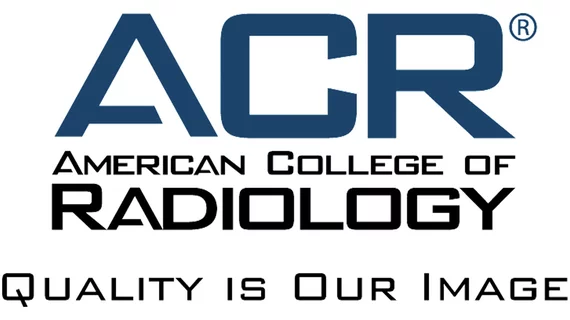ACR DSI releases 1st AI use cases seeking feedback
The American College of Radiology Data Science Institute (ACR DSI) released its first use cases from the TOUCH-AI library for industry comment to gain feedback before the entire library of use cases are released this fall, according to an ACR release.
DSI has reached out to a variety of societies and organizations which specialize in artificial intelligence (AI), analytics, reporting systems, electronic medical record (EMR) and picture archive and communication systems (PACS). All groups currently developing or supporting AI in radiology are welcome to submit feedback.
Use cases will be available for free from the ACR DSI TOUCH-AI library this fall and will outline a path on where AI can advance patient care for vendors, clinicians and patients.
“As we are working to obtain and incorporate feedback into our preliminary use cases, we are seeing a groundswell of support for the information we are providing,” said Laura Coombs, ACR Senior Director of Informatics, in the statement. “This is an exciting stage of use case development because every bit of feedback, no matter how small, has the potential to profoundly affect both the industry and clinicians’ ability to create and deploy AI technology.”

